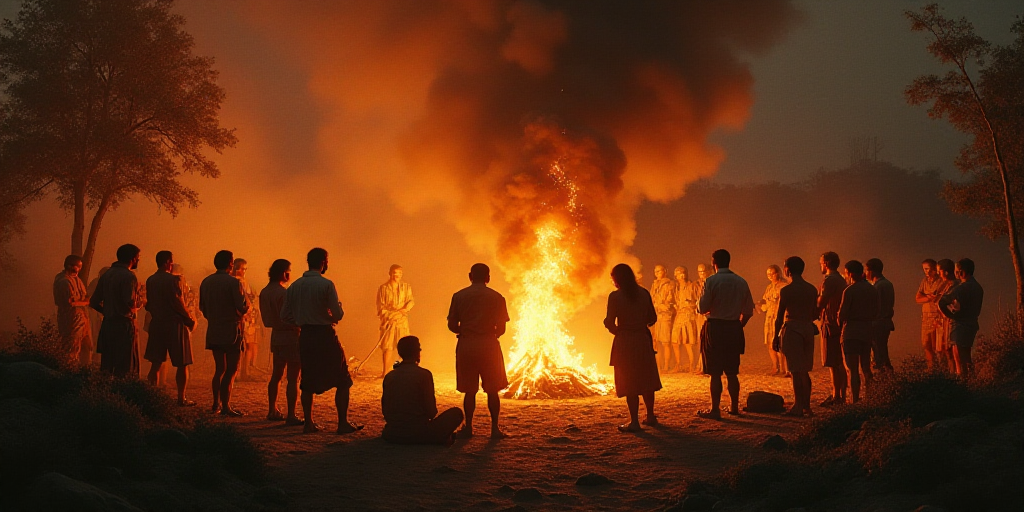Background on the Situation
Bolivia, a South American country, is currently facing an escalating crisis due to numerous forest fires. The Bolivian government, led by President Luis Arce, has declared a national emergency to tackle this pressing environmental issue.
Government’s Response
President Arce announced the declaration of a national emergency through a message on social media. This decision aims to safeguard Bolivia’s environment, public health, biodiversity, and the livelihoods of its citizens.
The emergency decree will enable the executive branch to allocate additional human resources, financial aid, and emergency equipment. Furthermore, it will enhance recovery and reforestation programs for the affected areas in subsequent phases.
Current Status of Forest Fires
As of Wednesday, Bolivia reported eight active fires, with three formally recognized as forest fires, according to Juan Carlos Calvimontes, the Vice Minister of Civil Defense, as quoted by the official news agency ABI.
Authorities are also monitoring 720 heat spots, with 540 of them located in the Santa Cruz department.
Impact and Concerns
The ongoing forest fires pose a significant threat to Bolivia’s rich biodiversity and contribute to air pollution, affecting public health. The rapid spread of these fires necessitates immediate action from the government to prevent further damage and loss of natural resources.
Key Questions and Answers
- What is the current situation in Bolivia regarding forest fires? As of now, there are eight active fires, with three confirmed as forest fires. Authorities are monitoring 720 heat spots, primarily in the Santa Cruz department.
- Why did the Bolivian government declare a national emergency? The declaration aims to protect the environment, public health, biodiversity, and the livelihoods of Bolivian citizens amidst the escalating forest fire crisis.
- What measures will the government take under this emergency decree? The executive branch will mobilize more human resources, financial aid, and emergency equipment. Additionally, recovery and reforestation programs for affected areas will be improved in subsequent phases.






